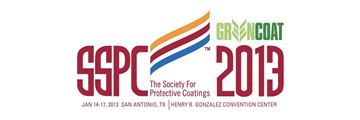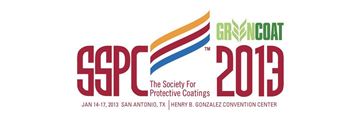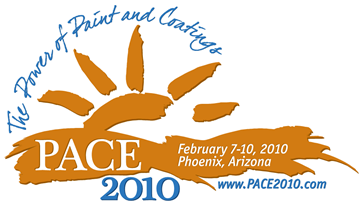Search
Replica Tape- A Source of New Surface Profile Information
Also Purchased
Surface Comparison Profile - A Comparison of Measurement Methods
Product Number:
41213-731-SG
Publication Date:
2013
$20.00
New Developments in Surface Profile Measurement for Blast Cleaned Surfaces
Product Number:
41213-746-SG
Publication Date:
2013
$20.00
Methods for the Measurement of Surface Profile in the Field
Product Number:
41210-538-SG
Publication Date:
2010
$20.00
Recently viewed




